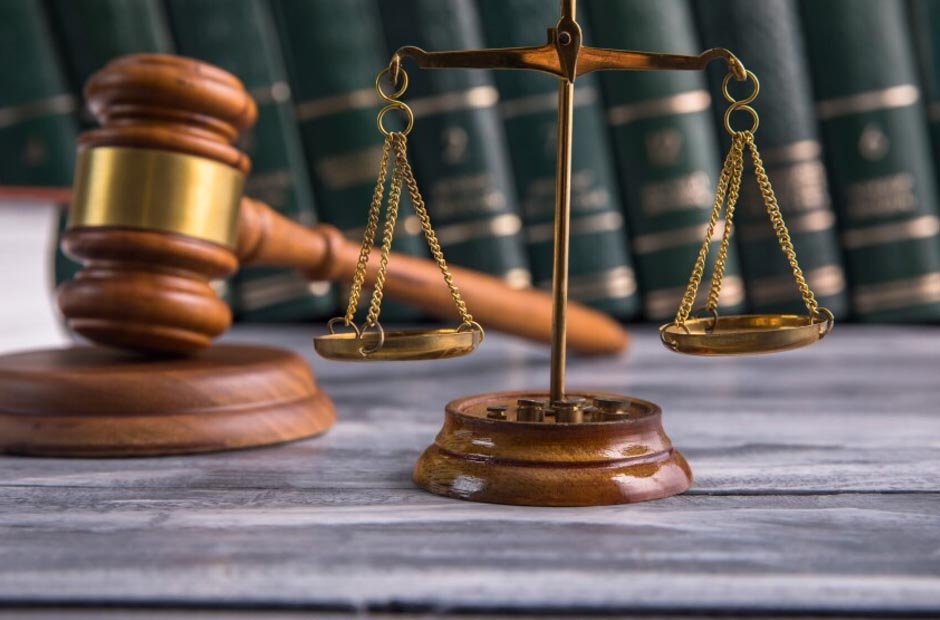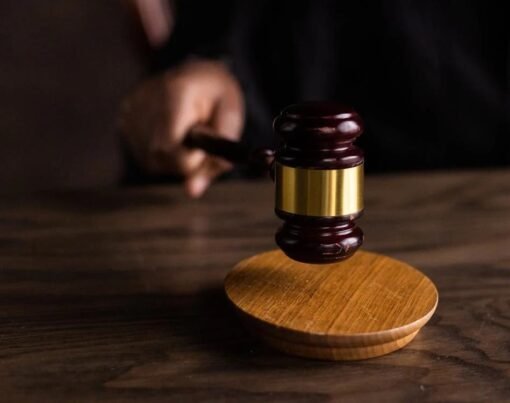Table of Contents
Introduction
The criminal justice system plays a crucial role in upholding the principles of justice and maintaining the rule of law in society. Central to this system are the dedicated professionals known as criminal trial and appeal lawyers. These legal experts are often unsung heroes, working tirelessly to ensure that the rights of the accused are protected and that justice is served. In this article, we will delve into the roles and responsibilities of criminal trial and appeal lawyers, exploring their vital contributions to the legal landscape.
The Role of Criminal Trial Lawyers
Criminal trial lawyers are the frontline defenders of the accused in the criminal justice system. Their role is multifaceted and demanding, as they navigate the complex legal terrain to secure the best possible outcome for their clients. Here are some of the key responsibilities of criminal trial lawyers:
Legal Counsel: Criminal trial lawyers provide legal counsel to their clients, advising them on their rights and options throughout the legal process. They explain the charges, potential consequences, and available defenses.
Investigating the Case: Effective representation often requires extensive investigation. Lawyers gather evidence, interview witnesses, review police reports, and consult with experts to build a strong defense strategy.
Legal Advocacy: Criminal trial lawyers represent their clients in court, presenting arguments, questioning witnesses, and cross-examining the prosecution’s case. They aim to persuade the judge or jury of their client’s innocence or secure the best possible outcome.
Negotiating Plea Bargains: In some cases, it may be in the best interests of the accused to negotiate a plea bargain with the prosecution. Criminal trial lawyers negotiate these agreements, aiming to minimize the charges or penalties their clients face.
Protecting Rights: One of the fundamental roles of criminal trial lawyers is to protect their clients’ constitutional rights, including the right to a fair trial, the right to remain silent, and the right to due process. They ensure that law enforcement authorities do not violate these rights during the investigation and trial.
Preparing for Trial: Criminal trial lawyers meticulously prepare for trial by drafting legal motions, selecting jurors, and developing a compelling case strategy. They are responsible for presenting evidence that raises doubt about the defendant’s guilt.
The Importance of Appeal Lawyers
While criminal trial lawyers work tirelessly to secure a favorable outcome for their clients, the legal process does not end with a trial verdict. In many cases, the accused may choose to appeal the decision, necessitating the expertise of appeal lawyers. These lawyers play a distinct but equally important role in the criminal justice system:
Reviewing Trial Proceedings: Appeal lawyers thoroughly review the trial record to identify errors or legal issues that may have affected the outcome. They scrutinize court transcripts, evidence, and trial procedures.
Legal Research and Brief Writing: Appeal lawyers conduct extensive legal research to support their arguments. They draft appellate briefs that present legal arguments and precedents to demonstrate that errors occurred during the trial.
Oral Arguments: In appellate courts, lawyers present oral arguments to judges, seeking to persuade them to overturn the lower court’s decision. This requires a deep understanding of legal principles and persuasive communication skills.
Protecting Constitutional Rights: Appeal lawyers are instrumental in ensuring that the accused’s constitutional rights are upheld during the appeals process. They work to rectify any miscarriages of justice that may have occurred at the trial level.
Pursuing Post-Conviction Relief: In cases where a defendant has been wrongfully convicted or received an unjust sentence, appeal lawyers can pursue post-conviction relief, such as habeas corpus petitions. Their efforts can lead to the exoneration of innocent individuals.
Challenges and Ethical Considerations
Criminal trial and appeal lawyers face numerous challenges in their quest for justice. These challenges include:
Heavy Workload: Lawyers often handle a large number of cases simultaneously, leading to a demanding workload that can affect their ability to provide each client with the attention they deserve.
Emotional Toll: Dealing with criminal cases, especially those involving serious offenses, can be emotionally taxing for lawyers. They must remain objective and focused while navigating emotionally charged situations.
Ethical Dilemmas: Lawyers sometimes face ethical dilemmas when representing clients they believe to be guilty. They must balance their duty to provide a zealous defense with their own moral compass.
Public Perception: Criminal defense lawyers are occasionally viewed unfavorably by the public, as they defend individuals accused of crimes. However, their role in upholding the principles of justice is essential to a fair legal system.
Conclusion
Criminal trial and appeal lawyers are the unsung heroes of the legal world, tirelessly working to ensure that justice is served and the rights of the accused are protected. Their roles are distinct but complementary, with trial lawyers defending clients in courtrooms, and appeal lawyers scrutinizing trial proceedings for legal errors. Together, they form an integral part of the criminal justice system, upholding the rule of law and safeguarding individual rights. As we reflect on the vital contributions of these dedicated professionals, it becomes clear that they play a pivotal role in maintaining a just and equitable society.










